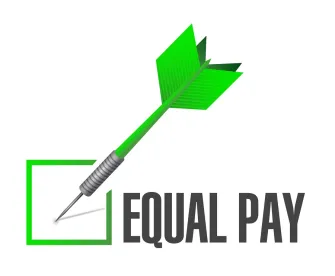In 2017, a number of cases were filed in federal court in various states by female doctors claiming their employers paid them less than allegedly comparable male doctors. At least one of these cases was conditionally certified as a collective action under the Equal Pay Act. These cases followed on the heels of recent studies showing that, on average, female doctors are paid less than male doctors. These studies indicated that such disparities exist even when accounting for relevant factors such as specialty practices, practice ownership, years of experience, and work hours. The studies reflect that the disparities grow bigger when race is brought into the equation.
Healthcare pay equity issues are not limited to doctors. There is evidence that even in female dominated healthcare positions—like nursing—males are often paid more than their female counterparts.
Given these trends and the expanding liability relating to pay equity claims in general, healthcare employers may want to consider engaging in a critical analysis of their compensation systems to determine whether they have problematic pay disparities that cannot be explained by legitimate, nondiscriminatory factors. Such an analysis could include:
- conducting a privileged pay audit that takes legitimate factors relevant to pay decisions into account to identify whether there are any statistically problematic pay disparities that cannot be explained;
- making corrections, where appropriate, to remediate unexplained pay disparities; and
- identifying and implementing modifications to existing compensation policies, practices, and procedures to prevent future or ongoing pay disparities.
In evaluating compensation policies, one thing healthcare employers may want to look at more closely is the use of individualized physician agreements and other employment agreements with healthcare professionals that provide for varying types and levels of compensation. Varying compensation is not illegal unless it cannot be explained by relevant, nondiscriminatory factors. One potential issue with individualized physician agreements is that, particularly in larger organizations, individual departments or specialty heads may have extensive discretion to determine the compensation of individual doctors with little or no guidance or oversight from the employer’s human resources or legal departments, or from higher levels of management. Providing decision makers with guidelines on determining the pay of healthcare professionals, along with implementing an approval process or other oversight, may help reduce or eliminate pay disparities that cannot be explained for healthcare professionals performing equal or substantially similar work.




 />i
/>i